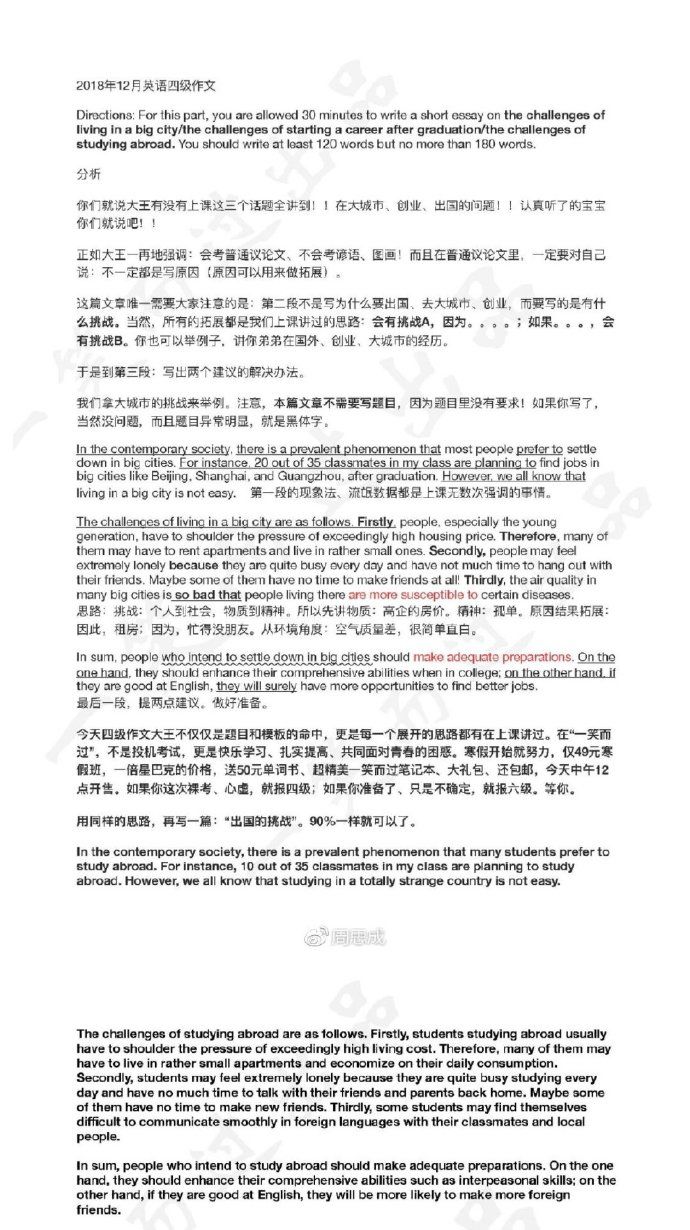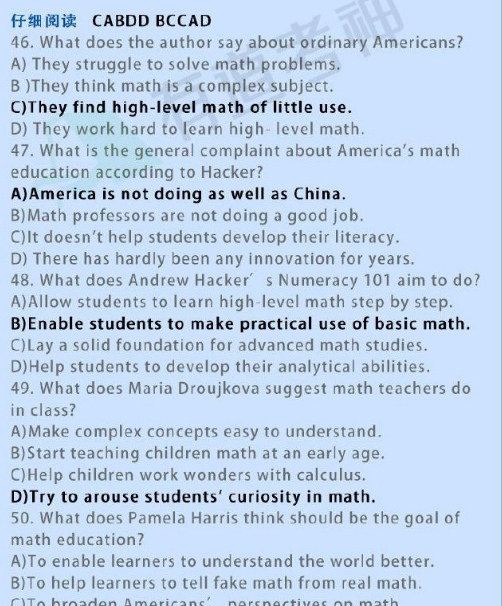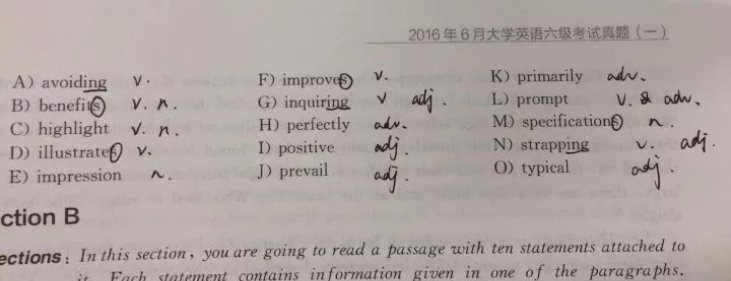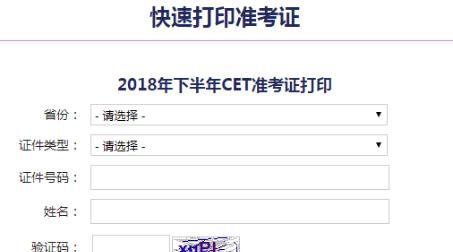LSAT模拟试题:LSAT模拟试题TEST3逻辑4d
|
16. Approximately. 7.6 million women who earn incomes have preschool-age children, and approximately 6.4 million women are the role income earners' for their families. These figures indicate that there are comparatively few income-earning women who have preschool-age children but are not the sole income earners for their families. A major flaw in the reasoning is that it (A) relies in figures that are too imprecise to support the conclusion drawn. (B) overlooks the possibility that there is little or no overlap between the two populations of women cited. (C) fails to indicate whether the difference between the two figures cited will tend to remain stable over time. (D) ignores the possibility, that families with preschool-age children might also have older children. (E) provides no informati0n on families in which men are the sole income earners. 17. Being articulate has been equated with having a large vocabulary. Actually, however, people with large vocabularies have no incentive for, and tend not to engage in, the kind of creative linguistic self-expression that is required when no available words seem adequate. Thus a large vocabulary is a hindrance to using language in a truly articulate way. Which one of the following is an assumption made in the argument? (A) When people are truly articulate, they have the capacity to express themselves in situations in which their vocabularies seem inadequate. (B) People who are able to express themselves creatively in new situations have little incentive to acquire large vocabularies. (C) The most articulate people are people who have large vocabularies but also are able to express themselves creatively when the situation demands it. (D) In educating people' to be more articulate, it would be futile to try to increase the size of their vocabularies. (E) In unfamiliar situations, even pe0ple with large Vocabularies often do not have Specifically suitable words available. Questions 18-19 Dr. Schilling: Those who advocate replacing my country's private health insurance system with nationalized health insurance because of the rising costs of medical care fail to consider the high human costs that consumers pay in countries with nationalized insurance: access to high-technology medicine is restricted. Kidney transplants and open-heart surgery-rationed. People are denied their right to treatments they want and need. Dr. Laforte: Your country's reliance on private health insurance denies access even to basic, conventional medicine to the many people who cannot afford adequate health coverage. With nationalized insurance, rich and poor have equal access to life-saving medical procedures. And people's right to decent medical treatment regardless of income is not violated. 18. Dr. Schilling's and Dr. Laforte's statements provide the most support for holding that they would disagree about the truth of which one of the following? (A) People's rights are violated less when they are denied an available medical treatment they need because they lack the means to pay for it than when they are denied such treatment on noneconomic grounds. (B) Where health insurance is provided by private insurance companies, people who are wealthy generally receive better health care than do people who are unable to afford health insurance. (C) In countries that rely primarily on private health insurance to pay for medical costs, most people who would benefit from a kidney transplant receive one. (D) In countries with nationalized health insurance, no one who needs a familiar medical treatment in order to stay alive is denied that treatment. (E) Anyone who wants a particular medical treatment has a right to receive that treatment. 19. In responding to Dr. Schillihng, Dr. Laforte employs which one of the following argumentative strategies? (A) showing that the objections raised by Dr. Schilling have no bearing on the question of which of the two systems under consideration is the superior system. (B) Calling into question Dr. Schilling's status as an authority on the issue of whether consumers' access to medical treatments is restricted in countries with nationalized health insurance. (C) Producing counterexamples to Dr. Schilling's claims that nationalized health insurance schemes extract high human costs from consumers. (D) Demonstrating that Dr. Schilling's reasoning is persuasive only because of his ambiguous use of the key word "consumer". (E) Showing that the force of Dr. Schilling's criticism depends on construing the key notion of access in a particular limited way 20. A certain viral infection is widespread among children, and about 30percent of children infected with the virus develop middle ear infections, antibiotics, although effective in treating bacterial infections, have no effect on the virus. Yet when middle ear infections in children infected with the virus are treated with antibiotics. The ear infections often clear up. Which one of the following most helps to explain the success of the treatments with antibiotics? (A) Although some types of antibiotics fail to clear up certain infections, other types of antibiotics might provide effective treatment for those infections. (B) Children infected with the virus are particularly susceptible to bacteria that infect the middle ear. (C) Many children who develop middle ear infections are not infected with the virus. (D) Most viral infections are more difficult to treat than are most bacterial infections. (E) Among children not infected with the virus, fewer than 30percent develop middle ear infections. |








